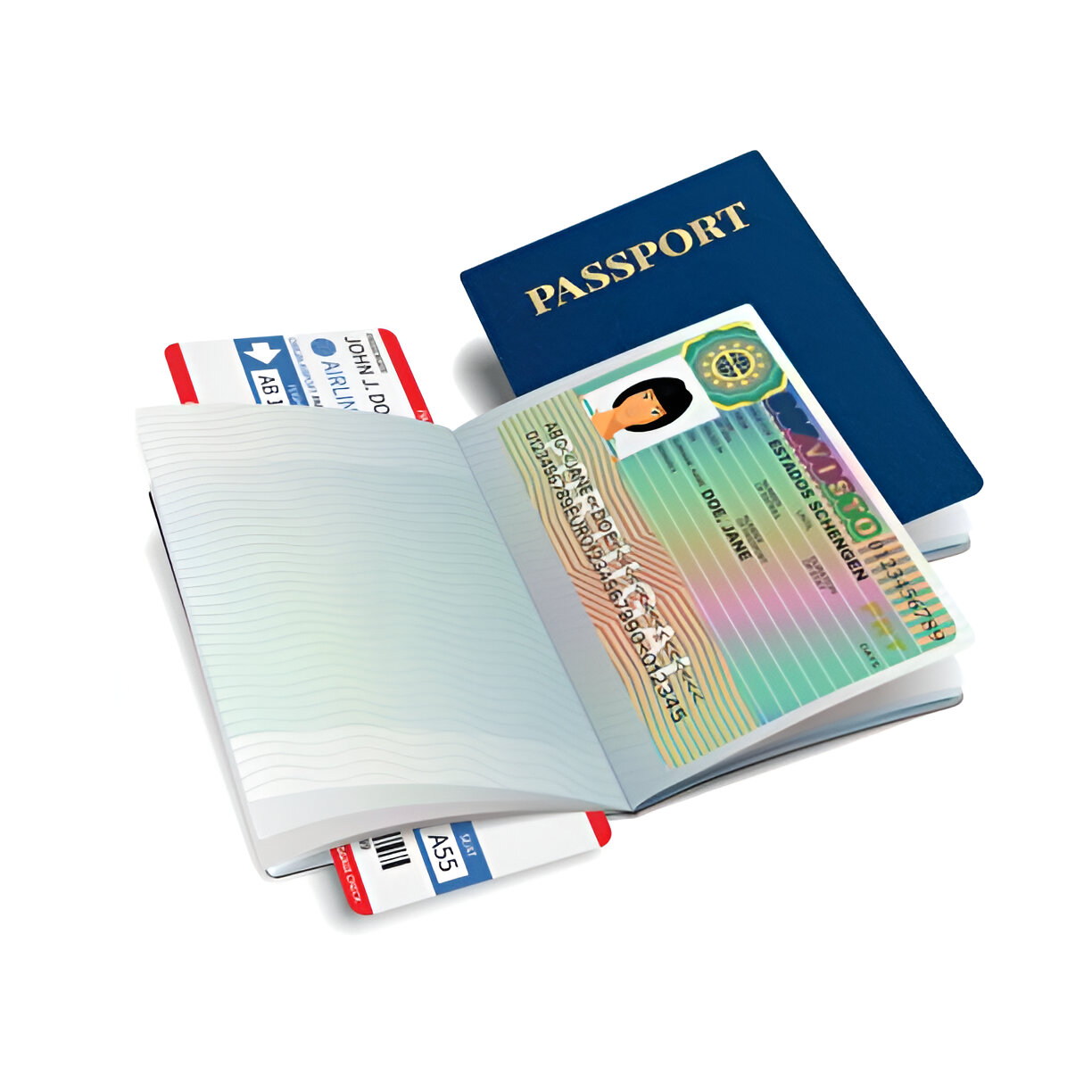Many international nurses dream of working in the United States. The H1C visa used to be a specific visa only for registered nurses. This visa helps nurses from other countries work in US hospitals that are short on nurses.
People continue to look for information regarding the H1C visa program, even though it officially terminated in 2009.
In this blog, we will talk about the H1C visa, how it worked, and what other migration possibilities are currently open to nurses.
Summary
The H1C visa was a special U.S. work visa for foreign nurses. It allowed them to work in hospitals with nurse shortages. The visa was valid from 1999 until 2009. We’ll talk here about the H1C visa, how it worked, and why it was canceled. It also shares current visa options for nurses who want to work in the U.S. today.
What Was the H1C Visa?
The H1C visa was a visa for foreign nurses who did not want to become permanent residents. This visa was made in 1999 to help with the lack of nurses in several U.S. hospitals.

Only a few approved hospitals could hire under this program. The visa had strict rules and a yearly cap of 500 nurses. Each hospital also had hiring limits.
This program finished in 2009. It is no longer working, although it helped many hospitals and was an important part of U.S. healthcare for a decade.
What Are the H1C Visa Requirements for Nurses?
The H1C visa had specific rules that nurses had to meet to qualify for work in the US under this program.
-
Eligibility Criteria
To qualify for the H1C visa, nurses had to be licensed and fully trained in their home country. They needed to pass the CGFNS exam to match U.S. standards.
An English test like TOEFL was also required. Nurses had to prove they could speak and write English well. They also needed a U.S. RN license for the state where they would work.
-
Job Offer from an Approved Hospital
Not every hospital could hire H1C nurses. The U.S. government gave permission only to certain hospitals in areas with a real nurse shortage.
The certified nurse had to obtain a job offer from one of the hospitals. They had to fill out Form I-129 (Petition for Nonimmigrant Worker) at the hospital.
-
Visa Limits
There were limits on how many H1C visas could be approved. The total cap was 500 per year. Some states also had individual limits.
As an instance, a hospital in one state could not hire more than 25 H1C nurses at a time. This made the visa highly competitive.
The H1C Visa Application Process
There were a number of processes to take while applying for the H1C visa. Every step was essential and had to be done well.

-
Get a Job Offer
Getting a job offer from a hospital in the U.S. was the first step. The H1C visa only let some hospitals hire nurses. The employment has to be full-time. It also had to match the nurse’s education and experience.
-
Hospital Files Form I-129
After offering the job, the hospital filed a form called I-129. This form asked the U.S. government to allow the nurse to come and work. The hospital also sent documents to prove they were eligible to hire under the H1C program.
-
USCIS Reviews the Petition
USCIS looked at the form once it was sent in. They made sure that all the information was right. They approved the petition if everything was in order. Then the nurse might go on to the next stage.
-
Apply for a Visa at the US Embassy
The nurse had to apply for the visa in their home country once USCIS approved it. The U.S. embassy or consulate in your country did this.
The nurse attended a visa interview. They had to show their job offer, nursing license, test results, and other papers.
-
Travel and Start Working
If the visa was approved, the nurse could travel to the U.S. They had to work at the hospital that offered the job. They could not work at any other place. The entry permit was valid for three years at the most.
H1C Visa Holders: Rules, Rights, and Obligations
While working in the U.S., nurses with an H1C visa have to obey certain regulations. They had some benefits, but they also had to follow strict rules.

- They were permitted to work in the US for a maximum of three years.
- The visa could not be extended beyond three years.
- Must work only at the hospital that sponsored the visa.
- Changing employers was not allowed.
- All US laws and immigration rules must be adhered to.
- They needed to keep their nursing license up-to-date and valid.
- Had to work full-time during the visa period.
- Visas could be canceled if they quit or broke any rules.
Why the H1C Visa Was Discontinued?
The H1C visa was a temporary program. It was created through a special law passed by Congress. This law had a time limit. It was not renewed after 2009.
As a result, no new H1C visas have been issued since then. Some believe it ended because other visa options became more popular. Others think it was too limited in scope.
What Are the Alternatives to the H1C Visa?
-
H-1B Visa for Nurses
The H-1B visa is now a common option for highly skilled nurses. However, not all nursing jobs qualify. The job must require a bachelor’s degree or higher. For example, advanced practice nurses or nurse educators may qualify.
-
TN Visa for Canadian and Mexican Nurses
Under the USMCA agreement (formerly NAFTA), Canadian and Mexican nurses can apply for the TN visa. It is easier and faster than other visas, but only citizens of those countries can apply.
-
EB-3 Green Card for Nurses
Many nurses now use the EB-3 visa to get permanent residency. This is an immigrant visa. It allows the nurse to live and work in the U.S. permanently.
It needs a full-time job offer. Nurses must meet education and licensing rules. It takes time, but it gives a green card.
Current Nursing Demand in the U.S.
The H1C visa is no longer valid, but the U.S. still needs nurses. There is a lot of demand, especially in rural regions and major cities. More job possibilities are created by older people and nurses who are retiring.

A lot of hospitals want to hire nurses from other countries. They assist in filling in the gaps and keeping the healthcare system going.
Conclusion
The H1C visa is no longer available, but it used to help a lot of nurses get jobs in the US. It gave them career growth and a better life. Today, other options exist, like the H-1B visa, TN visa, and EB-3 green card.
Each has its own rules, but allows work in US hospitals. With the right tests, licenses, and planning, nurses can still reach their dream of working in the United States.
FAQs
Why did the US create the H‑1C visa?
The US created the H‑1C visa to fix the nurse shortage in poor or rural areas. It helped hospitals that couldn’t find enough local nurses.
Was there a state-by-state limit on H‑1C visas?
Yes, each state had a limit. No more than 25 or 50 nurses could be placed in one state per year.
Why was the H‑1C program capped at 500 nurses per year?
The cap was set by U.S. law. It was meant to protect local nursing jobs.
What were the common reasons for H‑1C visa denial?
Denials happened due to missing documents, unqualified hospitals, or lack of licensing. Some were denied for not showing plans to return home.
How did the H‑4 visa apply to H‑1C dependents?
Spouses and children got H-4 visas. They could study in the U.S. but were not allowed to work.


Post a Comment